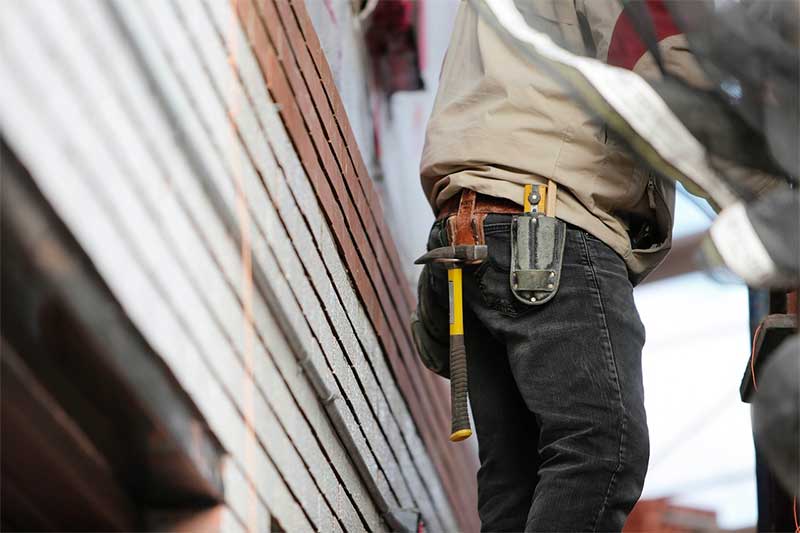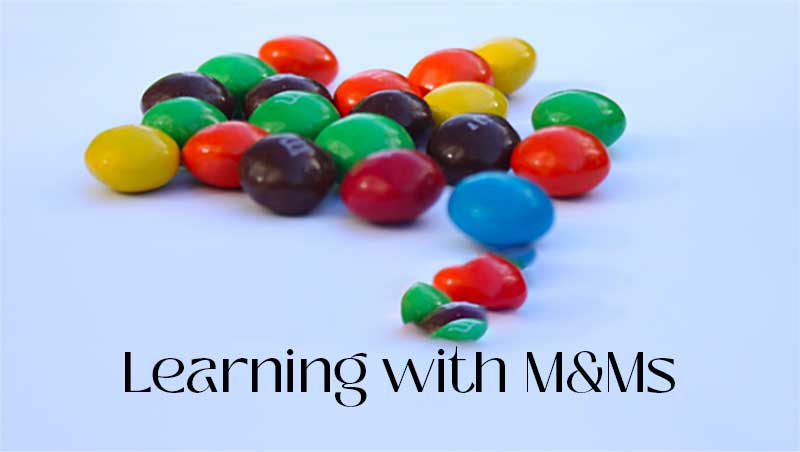Author: Julie Meyers Pron
I'm an elementary school teacher and a Public Relations manager. I'm the owner/editor of Julieverse. A marketing strategist and freelance education and parenting writer by trade, I attempt to carve out time to enjoy playing with kids, PTO, cooking, and exercise.
Ear piercing has come a long way from the punch guns in the earlobe and smashing through cartridges at the top of the ear. Now, a good piercing parlor can design a unique set of piercings that are perfectly sized and placed for your ears as part of the jewelry design process. In fact, there are piercing parties, open nights at piercing shops, and more beautiful jewelry than ever before. So, what are some of the most interesting ear-piercing options around? Snake Bites For many, the word snake bite is either a drink or a double piercing on the lip.…
Embarking on an adventure to uncover the quintessential dwelling is not just about scrolling through photo galleries of houses or visiting potential spaces. It’s about discovering a spark, a subtle whisper that gently utters “welcome home” the moment your foot crosses the threshold. Amidst the options out there, let’s navigate through them together and unveil that hidden jewel; a place that transcends mere living quarters, becoming a home that sings in harmony with the soul. 1. Meticulous Mapping Of Emotional Landscapes Imagine, for a moment, that after a long day, the front door opens and there’s this indescribable feeling of…what…
When it comes to any renovation project, the cost of the project can often come into play. Deciding how much of a budget you have available will often determine what you do with your home. For a kitchen, a renovation project is often needed every decade or so, especially as this is one room that sees a lot of footfall. With that being said if you’re due a renovation of your kitchen but don’t have unlimited funds available, then here are some tips to save money on your renovations this year. Create a budget and stick to it First and…
Rave culture has long been celebrated for its vibrant and sensory experience that includes pulsating lights, dynamic music, and, of course, striking fashion. Women’s rave outfits stand out as a unique and liberating expression of personal style. In this article, let’s explore women’s rave outfits and delve into the different colors that stand out in a rave setting. (See: Best Places to Buy Cute Underwear). The Unique World of Rave Fashion Rave fashion is all about pushing boundaries, experimenting with bold colors, and embracing individuality. Ravers view each event as an opportunity to step into a fantastical world where self-expression…
If you have dyed hair, you’ll know that, eventually, it all comes out. Over time, the hair either grows or drops off, or the color washes out if you’re using a temporary or henna-based product. When this happens, you can feel a little cheated. You paid a lot of money for your new color, and now it’s gone! The good news is that there are all sorts of things you can do to keep it longer. Even if previous dying attempts ended in disaster, you can take practical steps to ensure that the next is a success. But what should…
When we outsource, we often talk about the non-core jobs that we outsource, and how to use them to free up your ability to provide the core services that you do. However, for service teams, like electricians, plumbers, and construction crews, outsourcing is often done with contractors who bring the core skills that you need to rely on. As such, people in these industries typically have a much closer relationship with their contractors. Here, we’re going to look at how you can better manage these relationships, specifically through the pitfalls that you want to avoid with them to help you…
Find yourself singing along to every Disney movie at full volume and counting down the days until you can revisit Disney World. We couldn’t relate more. And if you’ve been thinking about getting inked, a Disney tattoo might be the perfect option. It’s time to stop wishing upon a star for tattoo inspiration, and check out 15 of our favorite Disney tattoo designs for inspiration. (See Also: Thigh Tattoos: Their Popularity and Design Options). A Disney Dream Castle The only thing more magical than a princess and her castle might be a stunning castle tattoo like @tattoosbytonigwilliam‘s design. A scenic design…
Before you slap on your sunscreen and pack your kids’ swimsuits, there are a few things that you need to keep in mind for the perfect Hawaiian getaway. As per our previous article on ‘Preparing for a Tropical Vacation’, preparing for a trip is no easy feat, especially with children in tow. From budgeting, creating an itinerary, and making sure your home is set up for your time away, there’s a lot to do. To ease some of your pre-vacation woes and help build up the anticipation for your upcoming trip to the Aloha State, here are a few things…
Learning with M&Ms: There are many opportunities for learning across the curriculum with these little candies, including spelling games, math games, exercise, and social activities. Love the getting-to-know-you game for the beginning of the school year or for new students. Several months ago, my son came home from swim team practice inspired by a new family activity: the M&M game. Last year, every Monday at practice was M&M Monday: each child gets an M&M and does whatever is assigned to that color on the M&M chart—it’s a fun way for the kids to run their drills. But even better, it…
Frog eyes piercing is quite an eye-catching tongue piercing. As it emerges from your tongue, it leaves a lasting impression. Aside from its appeal, this type of piercing isn’t too painful. Usually heals relatively quickly. If you’re curious about the benefits and potential drawbacks of frog eye piercing, we’ve got you covered with all the details. Our comprehensive guide also provides tips for piercing care, various materials for jewelry options, and other relevant information. (Related: Thigh Tattoos: Their Popularity and Design Options). Understanding Frog Eye Piercing Mouth piercings come in a range of styles and types. From vertical piercings to…














